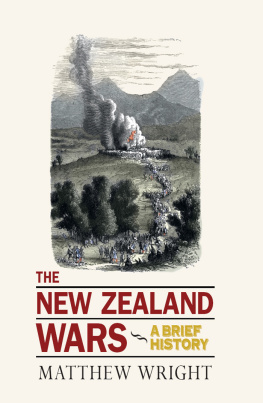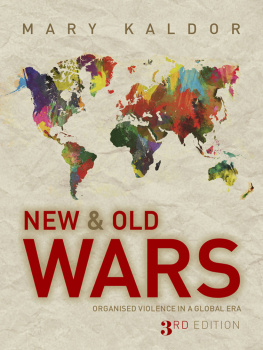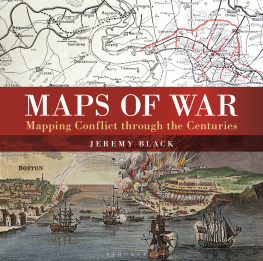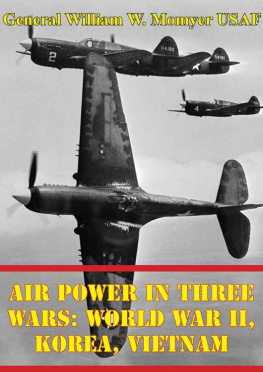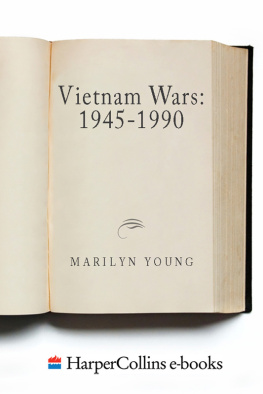The New Oxford Book of War Poetry
Jon Stallworthy was educated at Rugby, in the West African Frontier Force, and at Magdalen College, Oxford, where he won the Newdigate Prize for Poetry. His books include two critical studies of Yeatss poetry; two biographies: Wilfred Owen (which won the Duff Cooper Memorial Prize, the WH Smith Award and the E.M. Forster Award) and Louis MacNeice (which won the Southern Arts Literary Prize); editions of Wilfred Owens Complete Poems and Fragments and War Poems ; and two critical studies of war poetry: Anthem for Doomed Youth: Twelve Soldier Poets of the First World War and Survivors Songs: From Maldon to the Somme . Most recently he has published War Poet , a selection of his own war poems. He has been a Professor of English Literature at Cornell and Oxford, and is now a Senior Research Fellow of Wolfson College, Oxford, and a Fellow of the British Academy.
The New Oxford Book of War Poetry
Chosen and Edited by
Jon Stallworthy
Great Clarendon Street, Oxford, ox2 6dp ,
United Kingdom
Oxford University Press is a department of the University of Oxford.
It furthers the Universitys objective of excellence in research, scholarship,
and education by publishing worldwide. Oxford is a registered trade mark of
Oxford University Press in the UK and in certain other countries
Introductions, Notes, and selection Jon Stallworthy 2014
The moral rights of the author have been asserted
First edition published by Oxford University Press 1984 This edition published 2014 Impression: 1
All rights reserved. No part of this publication may be reproduced, stored in
a retrieval system, or transmitted, in any form or by any means, without the
prior permission in writing of Oxford University Press, or as expressly permitted
by law, by licence or under terms agreed with the appropriate reprographics
rights organization. Enquiries concerning reproduction outside the scope of the
above should be sent to the Rights Department, Oxford University Press, at the
address above
You must not circulate this work in any other form
and you must impose this same condition on any acquirer
Published in the United States of America by Oxford University Press
198 Madison Avenue, New York, NY 10016, United States of America
British Library Cataloguing in Publication Data
Data available
Library of Congress Cataloging in Publication Data
Data available
ISBN 9780198704478
ebook ISBN 9780199376971
Printed and bound by
CPI Group (UK) Ltd, Croydon, cr 0 4 yy
Links to third party websites are provided by Oxford in good faith and
for information only. Oxford disclaims any responsibility for the materials
contained in any third party website referenced in this work.
CONTENTS
P OETRY , Wordsworth reminds us, is the spontaneous overflow of powerful feelings, and there can be no area of human experience that has generated a wider range of powerful feelings than war: hope and fear; exhilaration and humiliation; hatrednot only for the enemy, but also for generals, politicians, and war-profiteers; lovefor fellow soldiers, for women and children left behind, for country (often) and cause (occasionally).
Mans early war-songs and love-songs were generally exhortations to action, or celebrations of action, in one or other field, but no such similarity exists between what we now more broadly define as love poetry and war poetry. Whereas most love poems have been in favour of love, muchand most recentwar poetry has been implicitly, if not explicitly, anti-war. So long as warrior met warrior in equal combat with sword or lance, poets could celebrate their courage and chivalry, but as technology put ever-increasing distance between combatants and, then, ceased to distinguish between combatant and civilian, poets more and more responded to mans inhumanity to man. Not that heroic societies were oblivious to the domestic consequences of their heroes brain-spattering, windpipe-slitting art. The Iliad (ends with Andromache watching from the walls of Troy, as her husbands broken body is dragged away behind his killers chariot: she mourned, and the women wailed in answer. Similarly, as the heros funeral pyre is lit at the close of the Old English epic, written 1,500 years later,
his ancient wife with braided hair,
Grief-stricken raised a song of lamentation
For Beowulf; repeatedly she said
That sore she dreaded evil days would come,
Much carnage, wars alarms, captivity
And ignominy. Heaven swallowed up the smoke.
Hers, however, is not the last word. That is spoken by Beowulfs warriors, his hearth-companions:
It was their part to mourn, bewail their king,
Recite an elegy and acclaim the man;
They praised his prowess, and his mighty deeds
They fittingly extolled, as right it is
A man should honour his kind lord in words.
They said that of all earthly kings he was
Gentlest of men and kindest unto all,
To men most gracious and most keen for praise.
Such societies recognized the cost of warfare, but the code to which they subscribed counted it a necessary price for the pursuit of praise, honour, renown. This was to be acquired by generosity in peace, mighty deeds in war, loyalty to the living and loyalty to the dead.
That heroic tradition died, and another was transplanted to English soil, when King Harolds foot-soldiers were cut down on a ridge above Hastings by the cavalry of William, Duke of Normandy. Less than a hundred years before, one of the last Old English poets had chanted or declaimed in a Saxon hall the poem we know as The Battle of Maldon (). And three hundred years after Harold and his housecarls had gone the way of Byrtnoth and his thanes, the first new English poet introduced to a more cultivated audience
A knighta worthy man
That fro the tim that he first bigan
To riden out, he lovd chivalry.
The intervening years had seen Duke Williams son Henry, in the words of the Anglo-Saxon Chronicle, dubbed a rider, married to a Saxon girl, and the two people and the two languages fused and intermingled. Under the influence of the troubadours, the Church, and the new learning out of Italy, chivalry had come to mean more than cavalry , that other derivative of the Latin caballarius , a horseman. The descendant of Duke Williams superbly efficient but hardly sophisticated chevalier could, like Chaucers Squire,
Welsitte on hors, and fair ride;
He coud songs make, and wel endite,
Juste and eek daunce, and wel portraye and write.
The Universities of Oxford and Cambridge had been founded before Chaucer was born, and in his lifetime the first of the so-called public schools, Winchester, opened its doors to the sons of noblemen and gentlemen. By 1440, when Eton was founded, the word gentleman had come to denote a clearly defined social status, inferior to nobility and superior to the yeomanry, but not necessarily dependent on ancestry. These schools and those others later modelled on them grafted the classical learning of the monastic schools upon the chivalric training in honour, in sport, in military exercise, in social intercourse, in courtesy and generosity, in reverence and devotion, of the schools of Christian knighthood.


